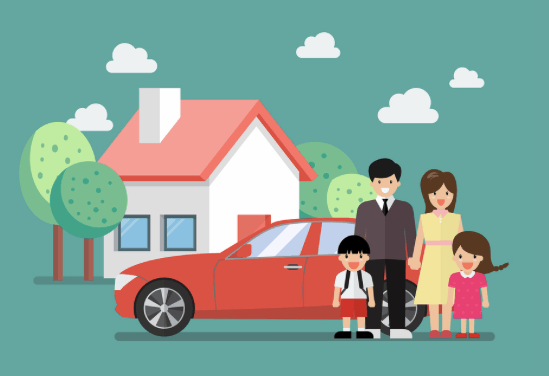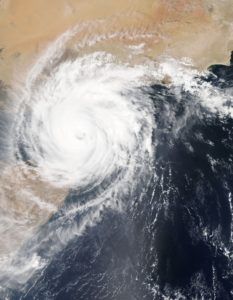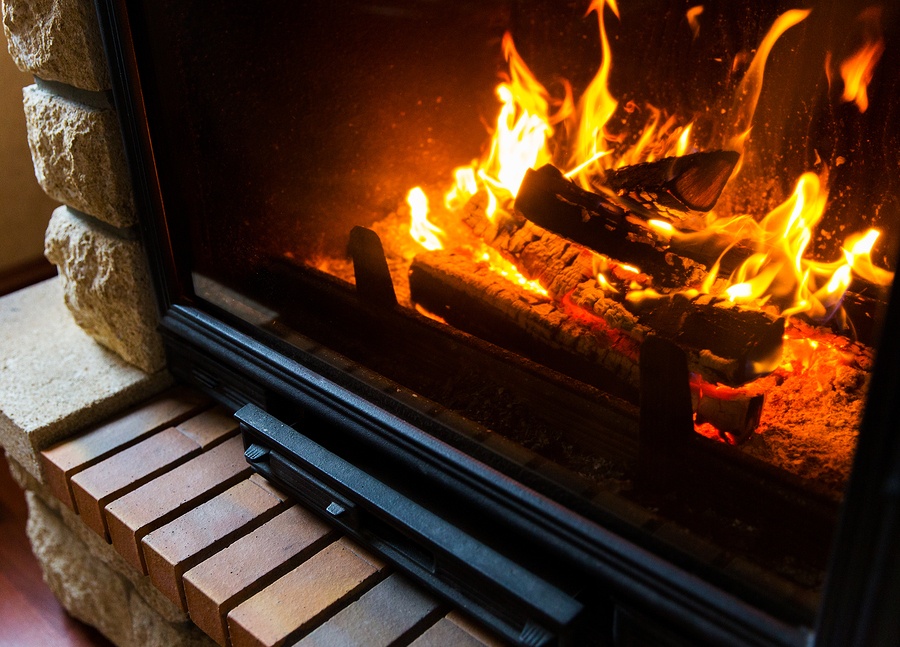
Fires happen more often than we think. In fact, it’s a leading cause of accidental death in the United States. Review this fire prevention checklist to make sure your family is prepared to escape safely from your home if the unthinkable occurs.
Basic Fire Safety Tips
- Don’t try to put out a fire that’s larger than the size of a chair. Get yourself and everyone in your household outside, then call 911.
- Make sure there are no flammable materials near stoves. (Smother small grease fires with baking soda or table salt.)
- Have your fireplace/chimney cleaned and schedule a furnace inspection and cleaning every year.
- Don’t leave candles unattended- children or pets may knock them over.
- Hire a licensed electrician to do electrical work in your home.
- Don’t smoke in your home. Abandoned cigarettes can smolder, and you can fall asleep while smoking.
- Keep clothing and curtains a few feet away from space heaters.
- Never plug appliances into outlets using electrical cords.
- Replace or discard frayed or damaged cords immediately.
Alarms and Extinguishers
An important part of fire prevention is to test your alarm batteries monthly, and change batteries during Daylight Savings Time. Make sure you have extinguishers and alarms on every level of your home.
- Poisonous gases from fires can make you sleepy. Fire alarms are invaluable since they alert you with an annoying, high-pitched sound. Unfortunately, children, especially those under six-years-old may still not stir from the alarm.
- Carbon-monoxide alarms usually have a life of seven years, while smoke alarms are usually good for a decade.
Escape Routes
Teach children to get as low as possible during a fire because that’s where the safest air to breathe is. Practice Stop, Drop, and Roll. Also:
- Practice two escape routes from each room regularly. Designate an area outdoors as a safe meeting place that’s far enough from fire danger and out of the way of rescue workers. Do drills, and try to get every family member out of your home in under two minutes. Once you’re decided on escape routes, but sure to clue in any family care workers.
- Some panicked children may hide or run from rescue workers, terrified of their ‘monstrous’ masks or equipment. Check out books at the library to get your children familiar with rescue workers’ uniforms and tools. Ask your local fire department for a tour or check out booths at local festivals/fairs where your children may be able to meet firefighters and see equipment first-hand.
- Even small children can be taught their own address and when it’s appropriate to call 911.
Insurance
Save receipts, and take photos of your household’s valuables as a record at least once a year. After the fire, call your insurance agent.
- Keep important documents like proof of insurance, policies and birth, death or marriage certificates in a fireproof box. However, The University of Florida Cooperative Extension Service Institute of Food and Agricultural Sciences warns, “A safe or fire-proof box can hold intense heat for several hours. If the door is opened before the box is cooled, the entering air combined with the high internal temperature may cause the contents to burst into flames.”
Your worries are frequently focused on your family’s safety. Give them and yourself further peace of mind by practicing fire prevention. Planning for an emergency now may save your children’s lives later!



 PuroClean Restoration Specialists
PuroClean Restoration Specialists